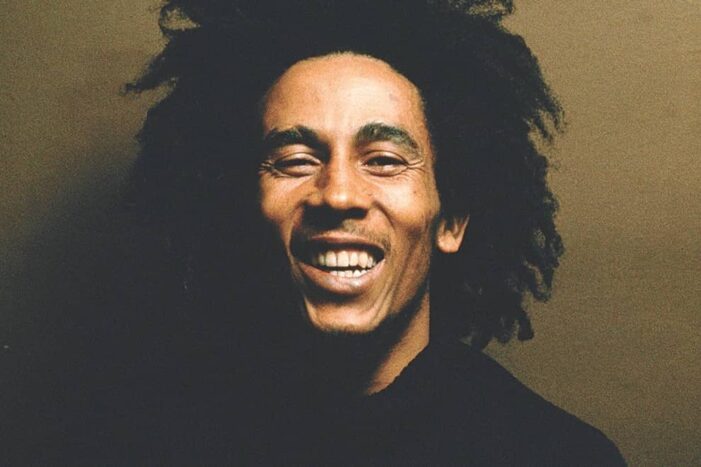Photo courtesy: jamaicans.com
By Stephanie Korney | jamaicans.com
Jamaican reggae legend Bob Marley reached another milestone on May 7, 2024, when Singers Room published its list of the top 15 reggae songs of all time. Marley’s songs dominated the list with seven of his songs ranked as Numbers 1 through 7. Other songs ranked by singersrooom.com, in order, were “Red Red Wine” by UB40 at Number 8, “The Tide is High” by Blondie at Number 9, and” Israelites” by Desmond Dekker at Number 10, with “The Harder They Come” and “Many Rivers to Cross” by Jimmy Cliff at Numbers 11 and 12, “Pass the Dutchie” by Musical Youth at Number 13, Jimmy Cliff’s “You Can Get It If You Really Want” at Number 14, and “Legalize It” by Peter Tosh at Number 15.
Characteristics of the best reggae songs
In creating the ranking, singersroom.com recognized that the top reggae songs represent more than just good listening. They constitute “anthems of resilience, unity, and social change” that have influenced music lovers around the world. The songs rise from the rich culture of Jamaica and combine their unique rhythms with lyrics that prompt serious thought. Marley, Tosh, and Cliff provide revolutionary messages that celebrate life, call for equality and justice, and foster feelings of love and unity among all people. The best reggae songs cross culture and language barriers and inspire generations of listeners.
Marley’s dominant 7
The Bob Marley song ranked as the best of the 15 top reggae songs is 1977’s “One Love,” which has become a reggae anthem that reaches people around the world with an expression of Marley’s philosophy and message of hope, peace, unity, and love. “No Woman, No Cry” ranked second. A 1974 release on the “Natty Dread” album, it rapidly became a favorite among Marley fans and highlights his talent for offering empowerment and healing through music. Third is “Could You Be Loved,” a 1980 release on the “Uprising” album that communicates Marley’s message of love, unity, and hope and encourages his listeners to battle injustice and oppression. “Buffalo Soldier” from 1983’s “Confrontation” album tells the story of African American soldiers who were members of the US Cavalry in the 19th century’s Indian Wars. The song focuses on the challenges faced by these soldiers from racial discrimination and celebrates their bravery. Number 5 is another reggae anthem, “Jamming” from the “Exodus” album that continues to express Marley’s focus on freedom and friendship. “I Shot the Sheriff,” Number 6 on the list, was released on the 1973 album, “Burnin’,” and discusses a man who takes responsibility for shooting a sheriff but denies shooting the deputy in lyrics that suggest injustice, rebellion, and taking a stand against authority. The song became popular among a wide audience when guitarist Eric Clapton recorded it in his unique style. Number 7 is “Three Little Birds,” one of the most positive and hopeful songs in Marley’s repertoire. The tune was released on “Exodus” in 1977 and has become a major favorite among listeners worldwide for its comforting and optimistic tone.





